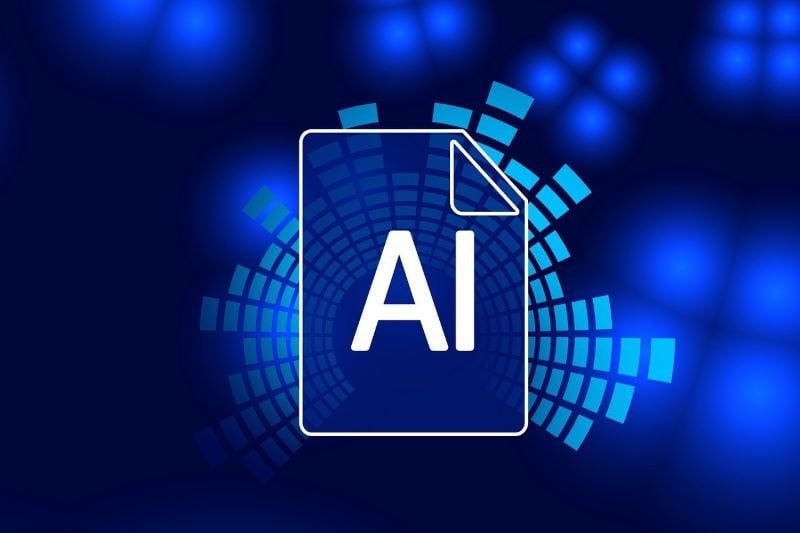-

-
-
Loading

Loading


The global artificial intelligence market is projected to reach $4.8 trillion by 2033, approximately the size of Germany’s economy, with nearly half of jobs worldwide potentially affected, according to a new report from the United Nations. While AI presents significant opportunities for economic transformation, it also poses risks of deepening existing inequalities. The UN's trade and development agency, UNCTAD, cautioned that AI could impact up to 40 percent of jobs globally, offering productivity gains but also raising concerns about automation and job displacement. Unlike previous technological shifts that primarily impacted blue-collar jobs, this wave of AI is expected to affect knowledge-intensive sectors the most, with advanced economies being the hardest hit. UNCTAD highlighted that the benefits of AI-driven automation often favor capital over labor, which could widen inequality, especially in developing economies. While these economies face greater challenges, the agency stressed that they must focus on investing in digital infrastructure, building AI capabilities, and strengthening governance to harness AI for sustainable development. Rebeca Grynspan, UNCTAD’s Secretary-General, emphasized the importance of putting people at the center of AI development and called for stronger international cooperation to co-create a global AI framework. She pointed out that while technological progress drives economic growth, it does not guarantee equitable income distribution or inclusive human development. In 2023, frontier technologies, including AI, blockchain, and 5G, represented a $2.5 trillion market, expected to grow sixfold to $16.4 trillion over the next decade. By 2033, AI will be the leading technology in this sector. However, access to AI infrastructure and expertise remains concentrated in a few economies, with just 100 firms, mainly in the US and China—accounting for 40 percent of global corporate R&D spending. UNCTAD urged countries to act now by investing in digital infrastructure and workforce adaptation to ensure AI creates new industries and job opportunities. It also emphasized the need for global participation in AI governance, particularly for developing nations, to ensure AI serves global progress, not just the interests of a few.
if you want to get more information about this news then click on below link
More Detail